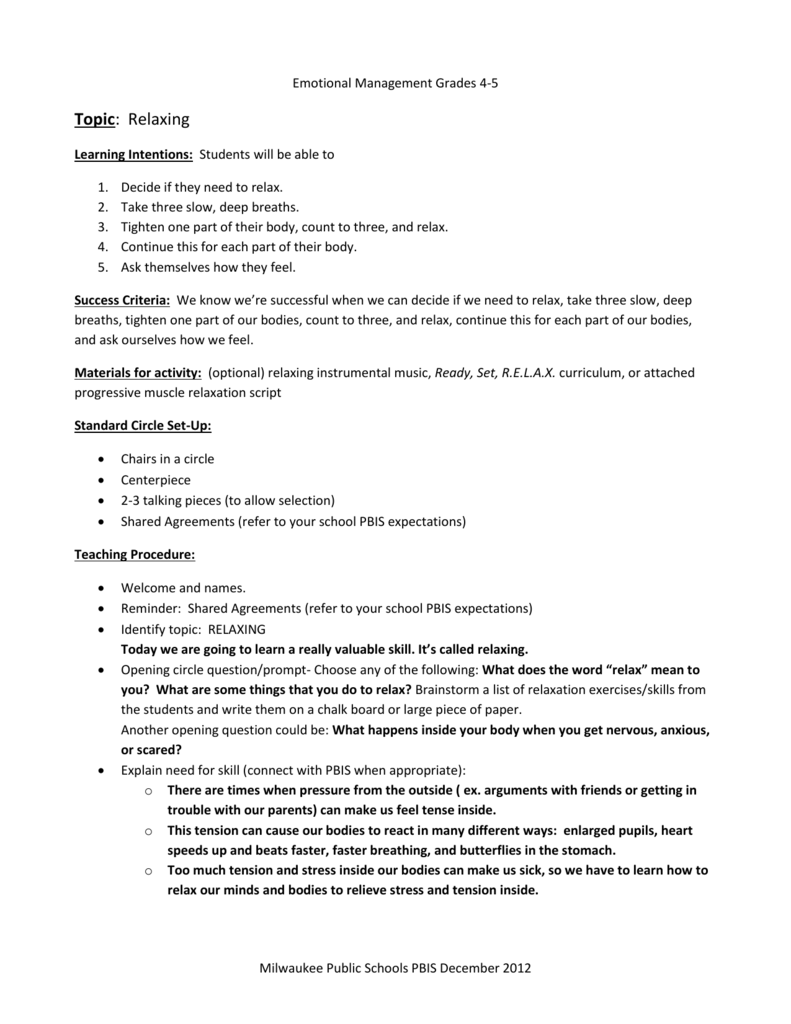A PMR script, or "performance monitoring and reporting" script, is a type of computer program that is used to monitor the performance of a system or application. PMR scripts are typically used by IT professionals and system administrators to identify and troubleshoot issues that may be impacting the performance of a system or application.
There are a number of different types of performance metrics that a PMR script can track, including CPU usage, memory usage, network traffic, and disk usage. By monitoring these metrics, a PMR script can help to identify potential bottlenecks or other issues that may be causing a system or application to perform poorly.
PMR scripts can be configured to run at regular intervals, such as every minute or every hour, and they can be set up to generate alerts when certain thresholds are exceeded. For example, a PMR script might be configured to send an alert if the CPU usage on a server exceeds a certain threshold, indicating that the server may be overloaded.
In addition to monitoring performance metrics, PMR scripts can also be used to generate reports on the performance of a system or application. These reports can be used to identify trends and patterns in performance over time, which can be helpful in identifying and addressing issues that may be impacting the overall performance of the system or application.
Overall, PMR scripts are an important tool for IT professionals and system administrators, as they help to ensure that systems and applications are running smoothly and efficiently. By monitoring performance metrics and generating reports on performance, PMR scripts can help to identify and resolve issues that may be impacting the performance of a system or application, and they can help to prevent problems from occurring in the future.








